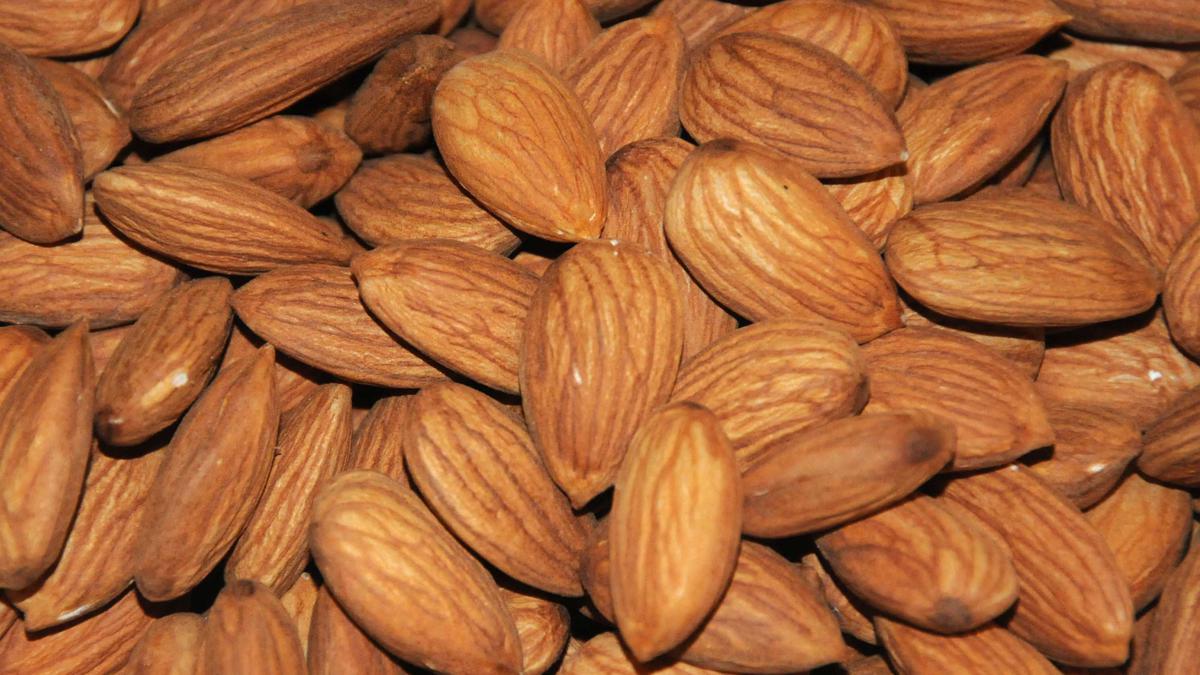
Ahead of Joe Biden visit, India drops tariff hikes on U.S. almonds, lentils
The Hindu
India raised import duties on 28 American products including almonds in June 2019, after the U.S. had hiked its customs duties on certain steel and aluminium products. In a notification issued on September 5, the Finance Ministry dropped some of these tariff hikes.
Two days before U.S. President Joe Biden arrives in New Delhi for a bilateral meeting as well as the G-20 Summit, India has dropped the retaliatory customs tariffs it had imposed on imports of some American goods like almonds and lentils, effective September 6, 2023.
India had raised import duties on 28 American products in June 2019, after the United States had hiked its customs duties on certain steel and aluminium products. In a notification issued on September 5, the Finance Ministry dropped some of these tariff hikes “on being satisfied that it is necessary in the public interest so to do”.
During his State visit to the U.S. in June 2023, Prime Minister Narendra Modi and the Biden administration had agreed to resolve six bilateral trade disputes that were pending at the World Trade Organisation (WTO) and unwind the tit-for-tat tariff hikes imposed on some U.S. products, including walnuts, almonds and apples.
The Almond Board of California (ABC) welcomed the move in a statement, noting that the import duties on their almond shipments to India will now go back to ₹35 per kg on inshell and ₹100 per kg of kernels. India had raised the applied tariff rates on U.S. almonds to ₹41 per kg on inshell and ₹120 per kg on kernels.
“We are very happy to see the retaliatory tariffs removed, which will both help increase demand in India and reduce the cost to consumers there,” said Julie Adams, vice-president for technical and regulatory affairs at ABC.
“The almond industry has been working hard along with government officials to reduce the impediments for exports of California almonds to India, which is our largest export destination. We continue to discuss further opportunities to improve export conditions related to tariffs and technical barriers,” Ms. Adams noted.











